Chimpanzee Brain Development
The insulation surrounding nerves develops more quickly in chimpanzees than in humans.


The insulation surrounding nerves develops more quickly in chimpanzees than in humans.

SOUNDS & SIGNALS: We revisit one of Science Update's most memorable podcasts about the science of communication, from 2009: Prairie dogs sound the alarm, turning bed bugs against themselves, bird songs vary by climate, and improving forensic voice comparison.


Tigers in Nepal are adapting to the presence of humans by changing their daily routine.

ANIMAL CONSERVATION - Nepalese tigers co-exist with people, aggression is giving Tasmanian Devils cancer, tadpoles keep their personalities when they become frogs, and a new monkey species is discovered in Africa.
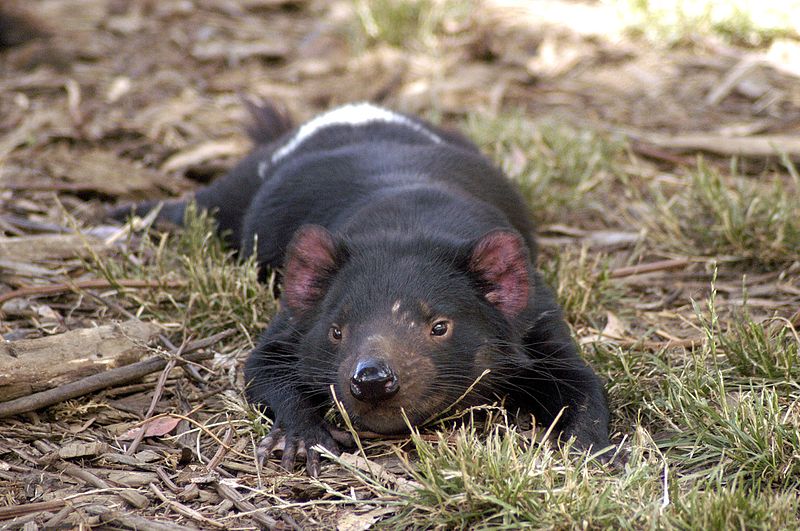
Tasmanian Devils may need to tone down their aggression to survive an epidemic.
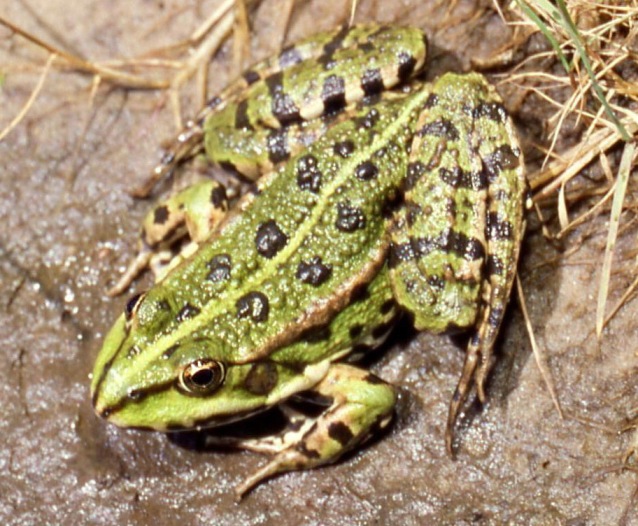

Peacocks communicate with sounds that fall below the range of human hearing.

Chimps exhibit many human-like social behaviors, but punishing the crimes of others isn't one of them.
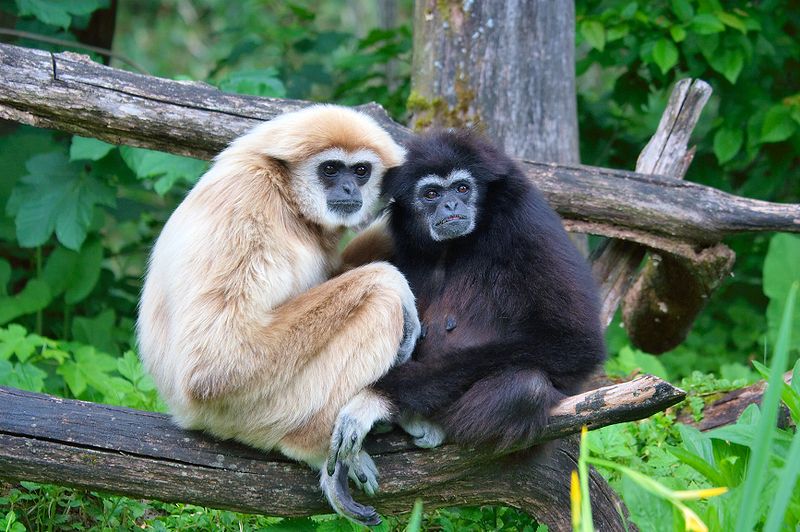
An experiment with helium shows that gibbons can manipulate their vocal tracts like expert opera singers.
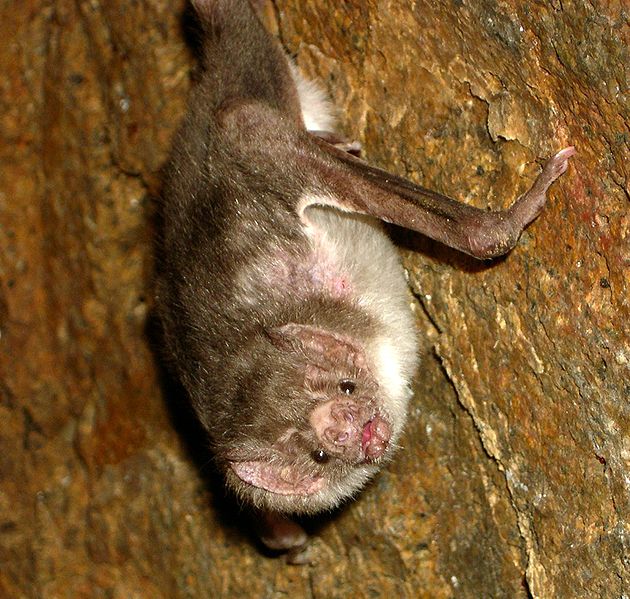
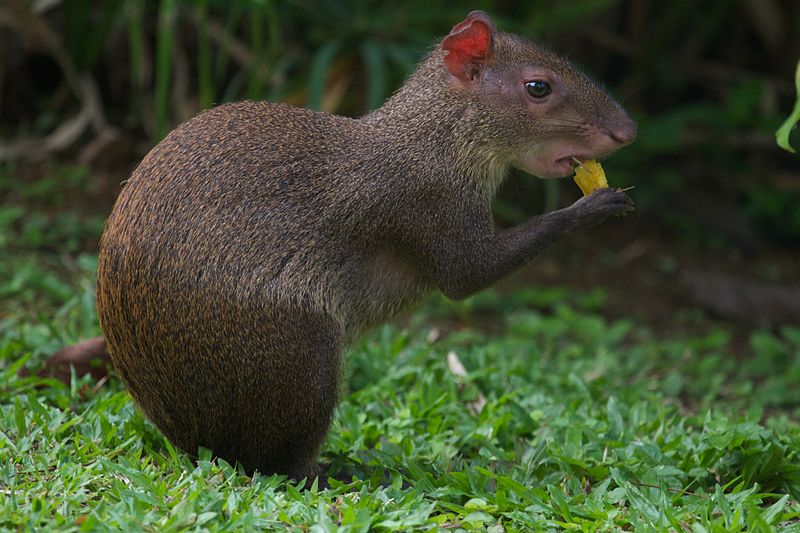
Tropical rodents called agoutis steal cached seeds from each other, and the behavior may have helped a plant species avoid extinction.
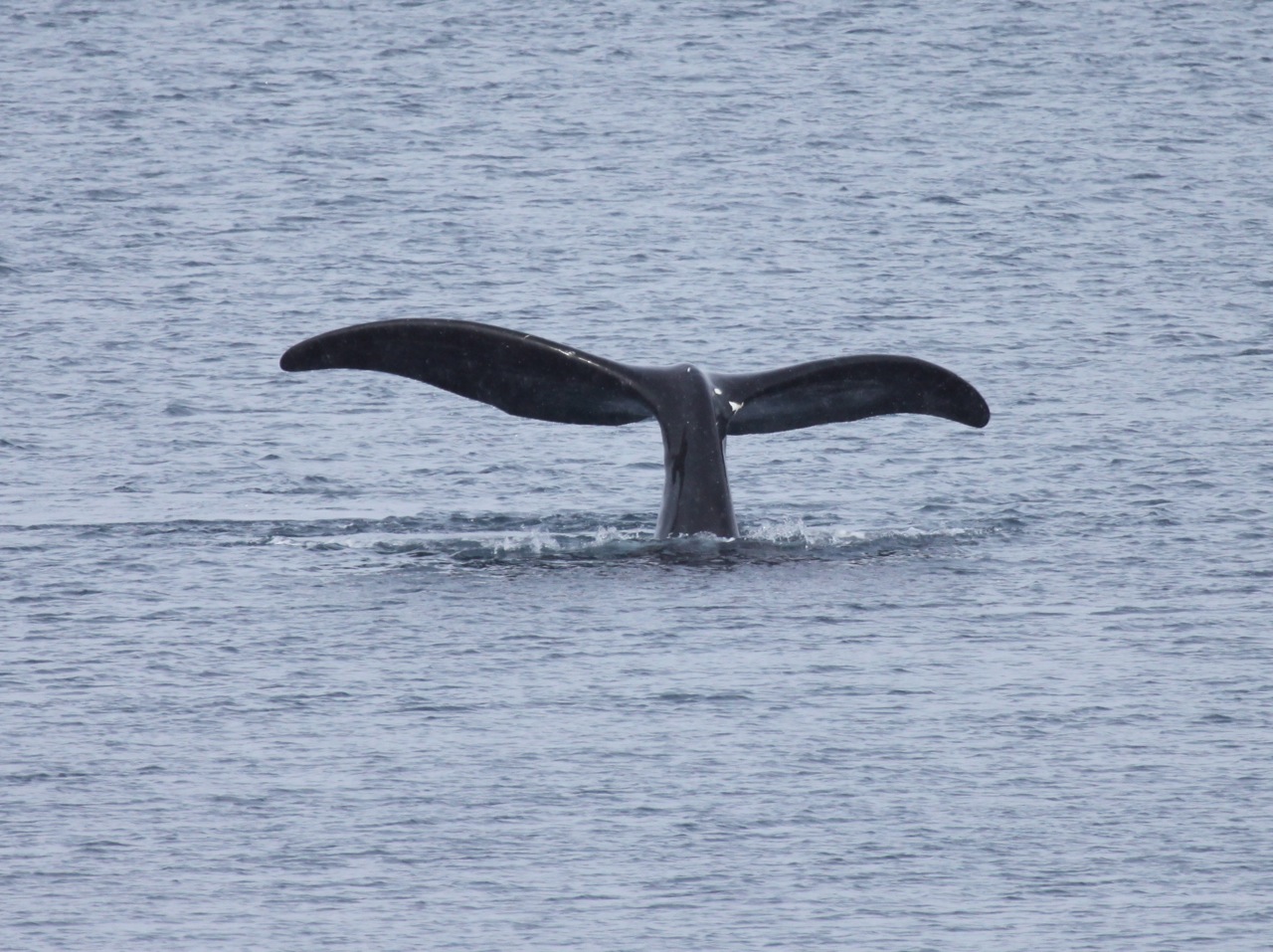
Bowhead whales in the Arctic Ocean sing a large variety songs to communicate with other whales.
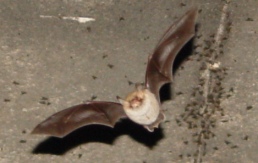
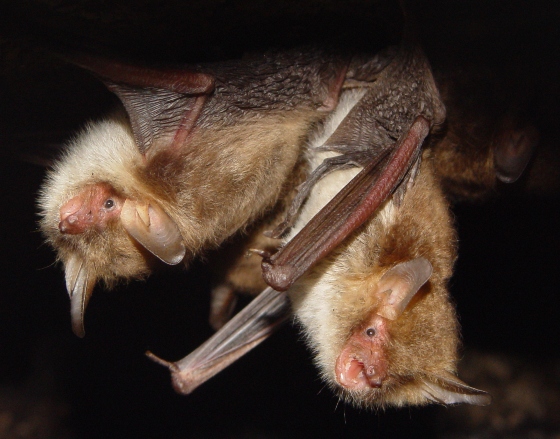

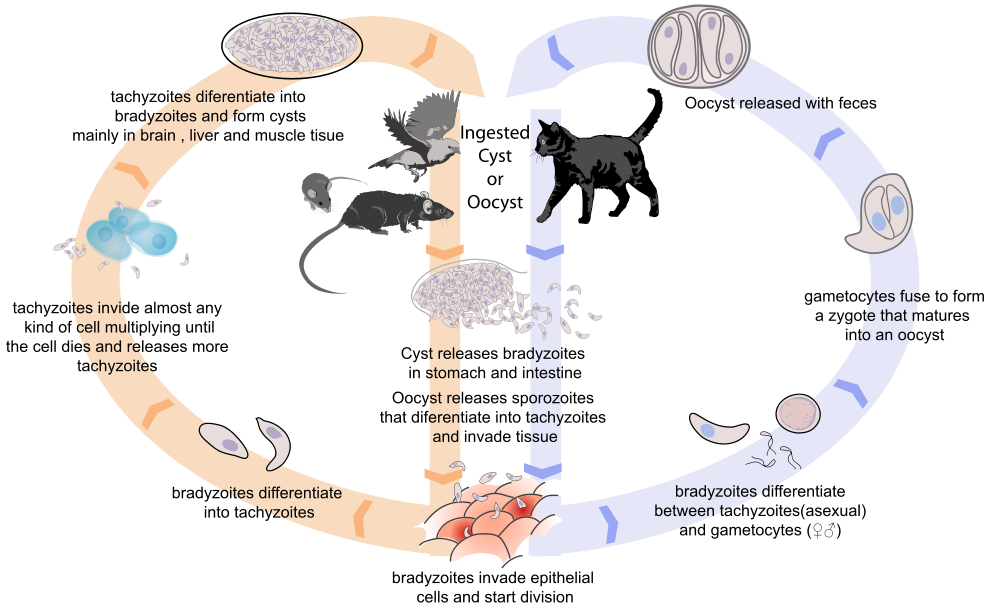
Researchers find a link between a common parasite and suicide attempts in humans.

Naked mole rats are the ugly ducklings of medical research. Now a new study suggests that they have an anti-aging potion in their bag of survival tricks.

Lyme disease correlates with the waning fox population, not an increase in deer.

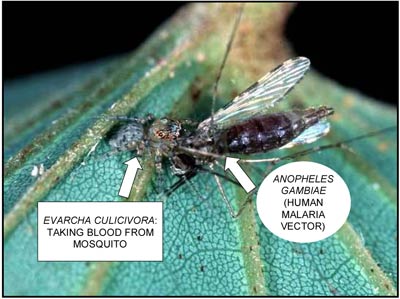
Scientists mix and match mosquito body parts to discover which traits predatory spiders like most.
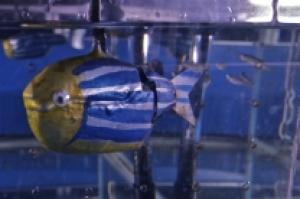


Medical researchers tackle deadly diseases with the help of worms and poppies.
